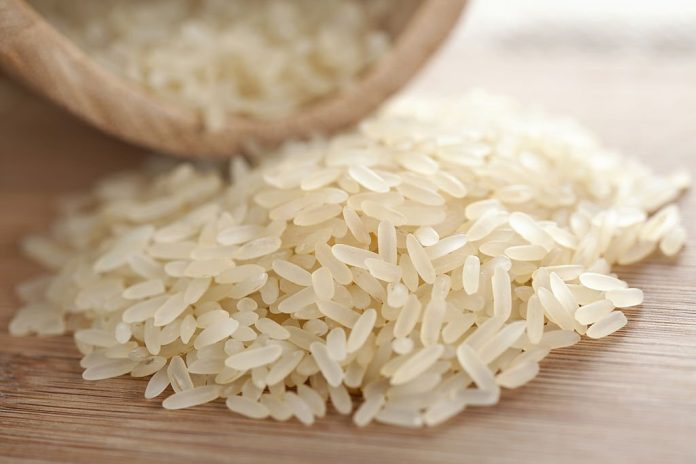The food industry in the United States is a vast and complex network that involves multiple players, from farmers to processors, distributors, and retailers. In this blog post, we will focus on the role of food importers like sesame seed and rice importers in USA and their impact on fair trade practices for farmers.
Understanding the Importance of Fair Trade Practices
Fairtrade
Fairtrade is an ethical and sustainable approach to trade that prioritizes the rights and welfare of marginalized producers and workers. It aims to create a more equitable and transparent trading system by setting fair prices, promoting sustainable farming practices, and providing better working conditions for farmers and workers.
Also Read This: How to Lose Weight Fast for Women
The Impact of Fair Trade on Farmers
Fairtrade practices can have a significant impact on farmers’ livelihoods. By paying a fair price for their products, farmers are able to cover their costs of production and make a living wage. They also benefit from the additional social and environmental standards set by fair trade organizations, which can improve their working conditions and promote sustainable farming practices.
The Role of Food Importers in Supporting Fairtrade Practices
Food Importers in the Supply Chain
Food importers play a crucial role in the supply chain by connecting farmers and producers in developing countries with consumers in the USA. They are responsible for sourcing, purchasing, and importing products from overseas and distributing them to retailers and distributors.
Food Importers on Fair Trade Practices
Food importers can influence fair trade practices by choosing to source products from fairtrade certified farmers and producers. By supporting fair trade, importers can ensure that farmers receive a reasonable product price, promoting sustainable farming practices and improving working conditions.
Case Study
Organic Sesame Seeds
Sesame seeds are a valuable crop for farmers in developing countries, with a high demand for the product in the USA. However, the conventional sesame seed market is often exploitative, with farmers receiving low crop prices. By sourcing organic products from fair trade certified farmers, importers can ensure that farmers receive a reasonable price for their crops and improve the sustainability of their farming practices.
Rice Importers
Rice is a staple food in many parts of the world and a major export crop for many developing countries. However, the rice market is often characterized by price fluctuations and the exploitation of farmers. By fair sourcing trade certified rice, importers can ensure that farmers receive a reasonable crop price and support sustainable farming practices.
Conclusion
The food industry in the USA plays a crucial role in supporting fair trade practices for farmers. Food importers, by choosing to source products from fair trade certified farmers, can have a significant impact on the livelihoods of farmers, promoting sustainable farming practices and improving working conditions. The case studies of organic sesame seeds and rice importers demonstrate the potential for fair trade practices to improve the lives of farmers and promote sustainable agriculture. By supporting fair trade, consumers and businesses can play an essential role in creating a more equitable and sustainable food system.


